Resources
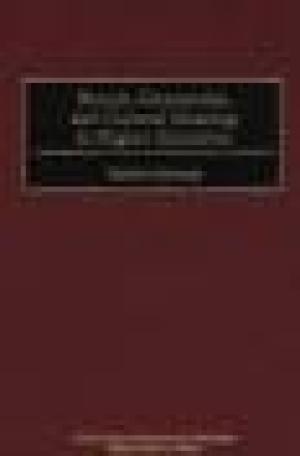
College students and graduates have fond memories of campus events such as commencement, founder's days, convocations, and baccalaureate. These events, defined as rites of passage, secular ceremonies, or cultural performances, create a special feel to a campus remembered for years to come. Borrowing from interpretive anthropology, the author spotlights the following ideas: culture is revealed and forms of life are expressed through the actions and words of community members; human communities are dynamic, complex, and ever-changing environments revealed through analysis of cultural events; and commonplace rituals and ceremonies play a central role in the cultural work of human meaning. The purpose of the book is to explore campus culture as revealed through rituals and ceremonies. (From the Publisher)
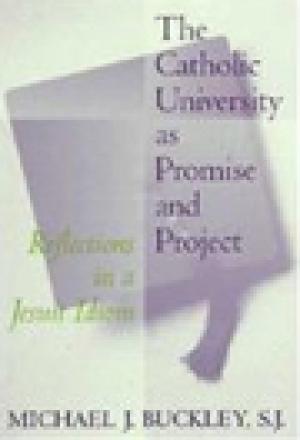
The remarkable development of the Catholic university in the United States has raised questions about its continued identity, its promise, and its academic constituents. Michael J. Buckley, S.J., explores these issues, especially as they have been experienced in the history and contemporary commitments of Jesuit higher education. (From the Publisher)
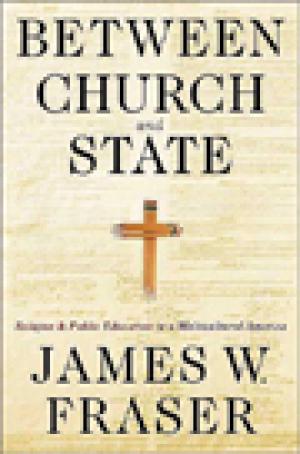
At the end of the twentieth century, the ongoing battle between religion and public education is once again a burning issue in the United States. In this book, James Fraser shows that though these battles have been going on for as long as there have been public schools, there has never been any consensus about the proper relationship between religion and public education. Looking at the most difficult question of how private issues of faith can be reconciled with the very public nature of schooling, James Fraser paints a picture of our multicultural society that takes our relationship with God into account. (From the Publisher)
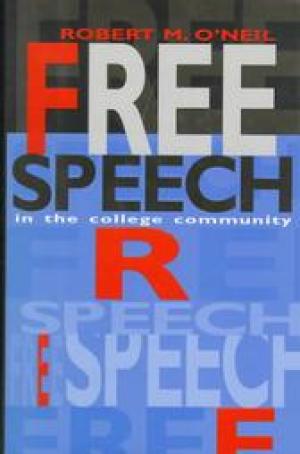
Illustrates problems with free speech encountered by today's college and university administrators with fictional cases based on real life incidents involving inflammatory speakers, hate e-mail, art, and the Internet, and suggests guidelines. (From the Publisher)
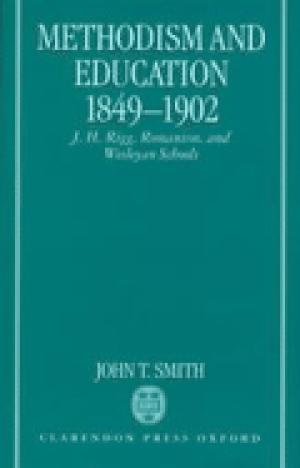
This thorough history of the Wesleyan Methodist educational efforts in Victorian England discusses the influence of Dr. James Harrison Rigg, Principal of Westminster Training College, who dominated his church and who made friendships with senior politicians of the day. The book also Looks in depth at the influence of anti-Catholicism, which was rampant in the Methodist church of the era. (From the Publisher)
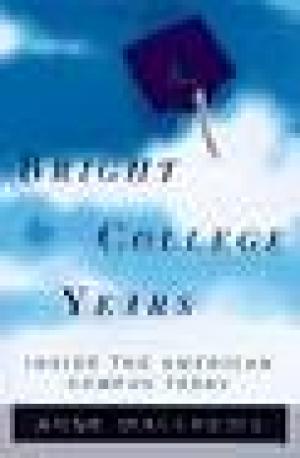
On one level, the world of higher education is still, as Matthews puts it, 'a chunk of the 20th century dropped live and squabbling on the threshold of the 21st.' But behind the stately trees and lovely towers a powerful hidden life has taken root, as academe is buffeted by the same economic and demographic forces that are drastically reshaping the rest of society. What's going on in there? And while we're at it, what exactly, these days, is college for? Tracking and mapping the academic year, Matthews casts a searchlight in turn on those who learn, those who teach, and those who arrange, especially the makers and managers of money and image whose methods shape higher education more strongly every year. In the process, she goes behind the scenes at every type of school: enormous state universities like Texas or Arizona, where finding French class requires a map and a bus ticket; sleek country-club schools like Vanderbilt or USC, where student allowances can exceed faculty salaries; fiercely specialized colleges like Cal Tech, where students dream in computer languages; struggling trailer-house campuses like South Dakota's Sinte Gleska, the nation's first Native American university. Throughout, Matthews keeps in unsparing focus the conflicts between our competing images of what college is supposed to be: show business, rite of passage, profit machine, private planet, gateway to knowledge and power. Irreverent, engrossing, vastly entertaining, and intensely observed, Bright College Years is one veteran journalist's (and native daughter's) inside scoop on a beloved American institution in the grip of enormous change. (From the Publisher)
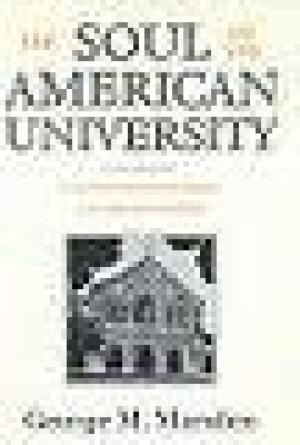
In this bold reexamination of the role of religion in higher education, Marsden provides a fascinating look at the histories of many pacesetting universities, including Harvard, Yale, and the University of California at Berkeley. The author argues for a new place for traditional religious perspectives in American universities. (From the Publisher)
This essay, the first in a series about the priorities of the professoriate, offers a vision of the new American scholar. The first part of the essay examines the numerous activities that surround faculty work and how they relate, in a changing external environment, to the role of the scholar. The stage is set by defining how higher education relates to the larger purposes of American society and by noting the assumptions and consensus within which academic professionals have traditionally operated. The essay then examines how the contexts of faculty work are being transformed in the 1990s by financial constraints, the technological environment, and basic assumptions about work itself. The second part of the essay deals with how these changes affect and necessitate rethinking faculty careers. It discusses changes in the academic workplace, the shifting concept of scholarship, the interdependence of teaching and research, the relationship between personal and professional needs, interactive approaches to learning, working within a collaborative organization, the career implications of crossing knowledge domains and moving in and out of the academy, and tenure and alternative employment arrangements.
Discusses how departmental cultures inhibit or support effective undergraduate teaching. Isolation of individual faculty members due to fragmented communication patterns; Resource constraints; Inappropriate evaluation and reward systems; Characteristics of departments that support effective teaching; Collegial departmental processes; Collegiality and quality improvement.